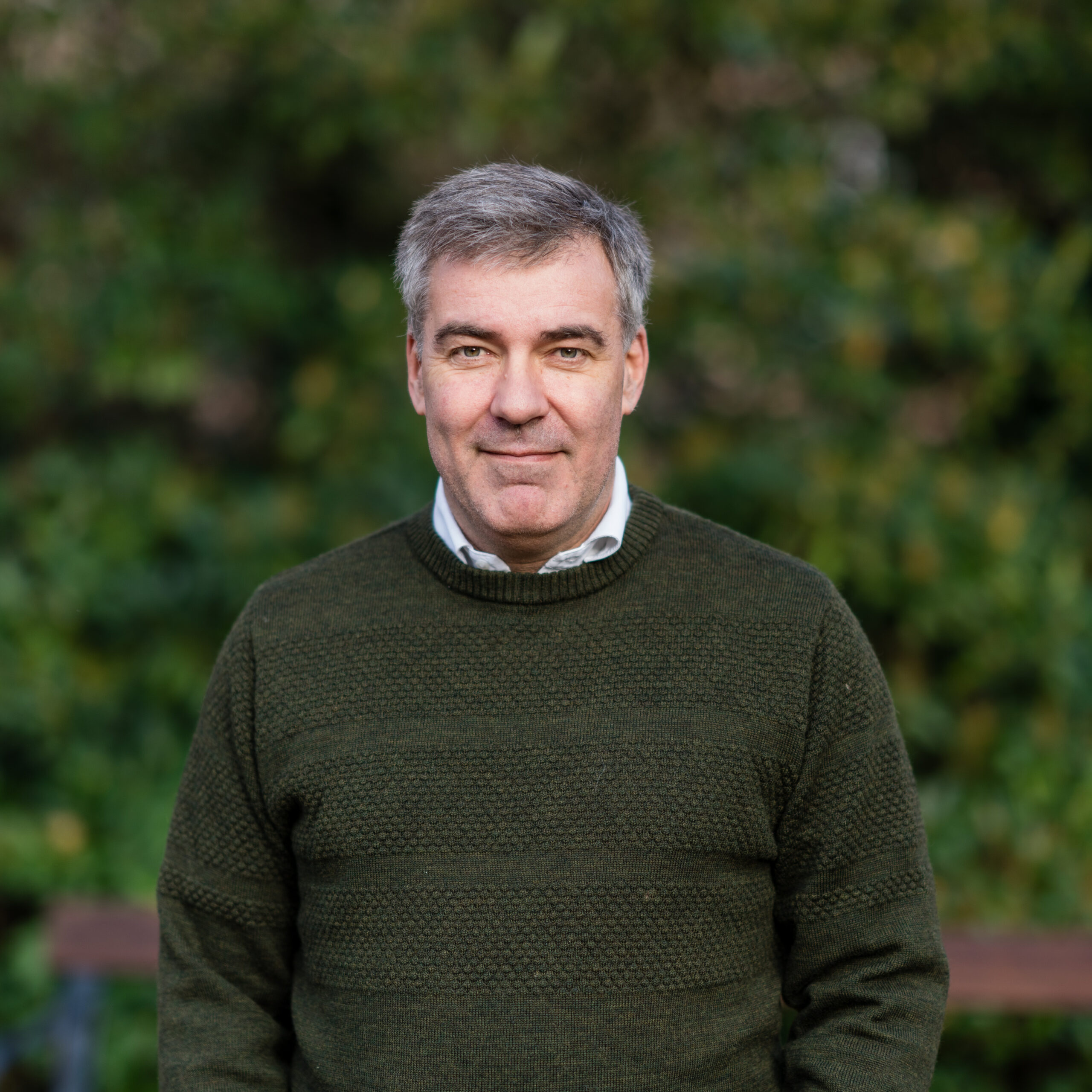Sound bites and sight bites have long been a dominant feature of the mediascape. We’re bombarded with so much information that if anyone wants to get their message across, they have to be attention grabbing and concise.
Attention seeking
This can be seen from the blitz of election rallying cries in recent weeks (“Tighter asylum laws”) and the perennial stream of posts on sites like Linkedin (“Don’t be a boss, be a leader”).
Be it politicians, businesses or influencers, lots of people are vying for our attention. While the weapon of choice in broadcast media is the sound bite, a short snippet of what someone said that is expected to tell the whole story, when it comes to social media the modus operandi is to rely on visually catching the audience with something like a clever graphic or catchy quotation.
This kind of condensation of sometimes expansive and complicated subjects is effective for the sender of the message in getting its essence to the receiver, but it’s not unproblematic.
Going deeper
Making the decision of who to vote for in parliamentary elections, or taking important career decisions, often requires more than reading a slogan or quotation (even if it comes from Richard Branson or Warren Buffett).
Especially election slogans can be somewhat meaningless in themselves. How much do the words “investment in people” really tell us about a party’s policies? And saying “managers light a fire under people; leaders light a fire in people” lacks specificity on how to be a good boss.
Bite’s not enough
Often it’s necessary to do further research to fill in the blanks and find out the full story.
Similarly, quotations can sound clever or make you think in a new way, but they are unlikely to influence your philosophy or outlook unless you are convinced by the arguments behind them or they resonate with your personal experience.
The strength of sound bites and sight bites is that they can ignite our interest to learn more or help to crystallise good advice or lessons. But sometimes a bite’s just not enough.















